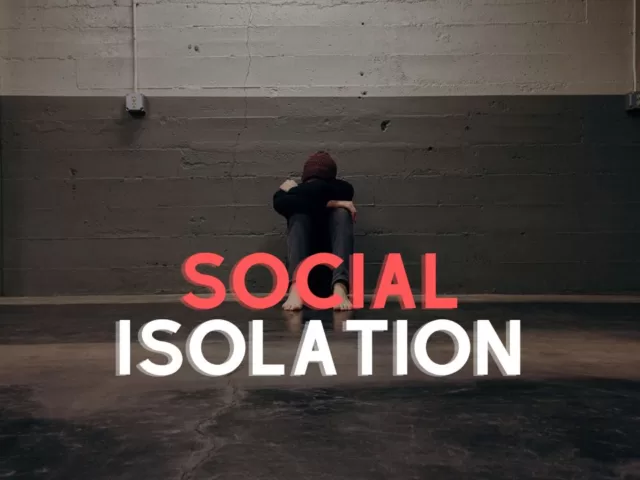
Have you ever noticed someone who often isolates themselves from any social events? This could be due to social isolation that emerges as a silent specter, casting shadows across lives. It represents a profound absence of meaningful connection, a pervasive echo of solitude that resonates through their lives.
What Is Social Isolation?
Social isolation is more than just physical separation; it’s a state of disconnection that can have profound effects on an individual’s mental and emotional well-being. There is a difference between someone who lacks social awareness and someone who isolates themselves socially too. Understanding social isolation is crucial for recognizing its impact and taking steps to address this growing concern.
1. Avoidance Is The Key
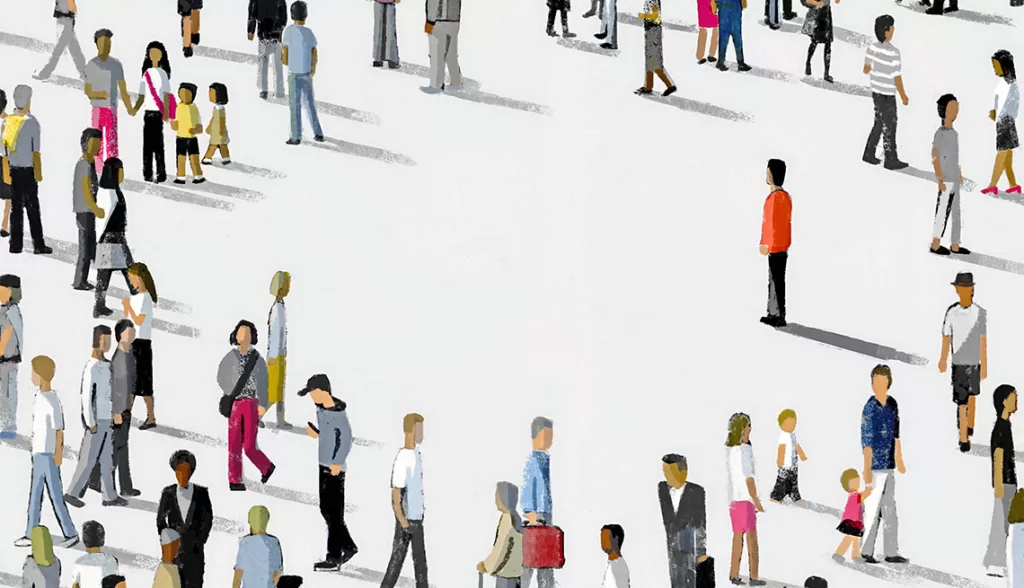
Image via AARP
Someone who is socially isolated often avoids social events. They may withdraw from gatherings, parties, or even casual get-togethers. The reasons behind this withdrawal can vary, ranging from anxiety and depression to a general disinterest in socializing.
2. Cancel Culture
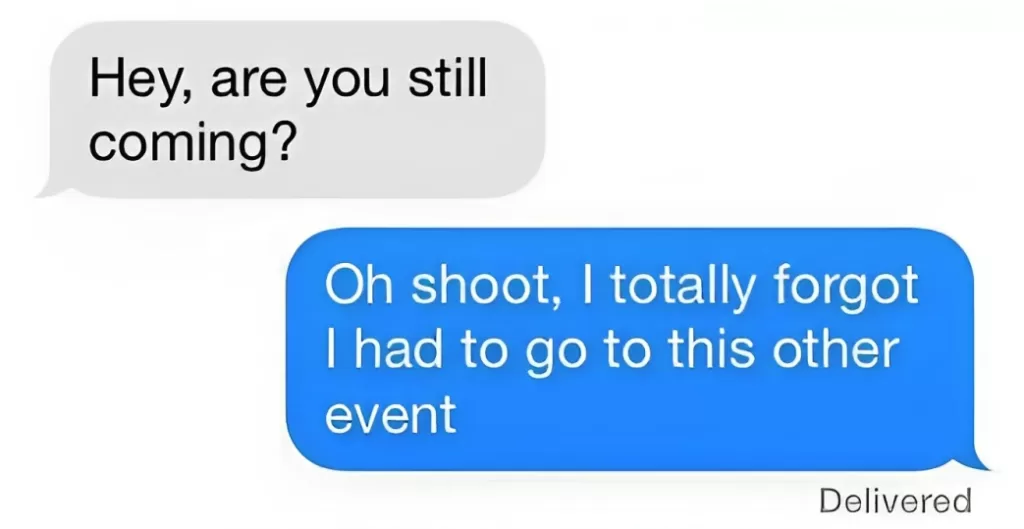
Image via POPSUGAR Middle East
A noticeable indicator of social isolation is a consistent pattern of canceled plans. Those grappling with social isolation may find themselves frequently backing out of engagements, citing reasons that often go beyond mere schedule conflicts. This recurring behavior can be an early warning sign that an individual is struggling with feelings of loneliness or discomfort in social situations.
3. Distress
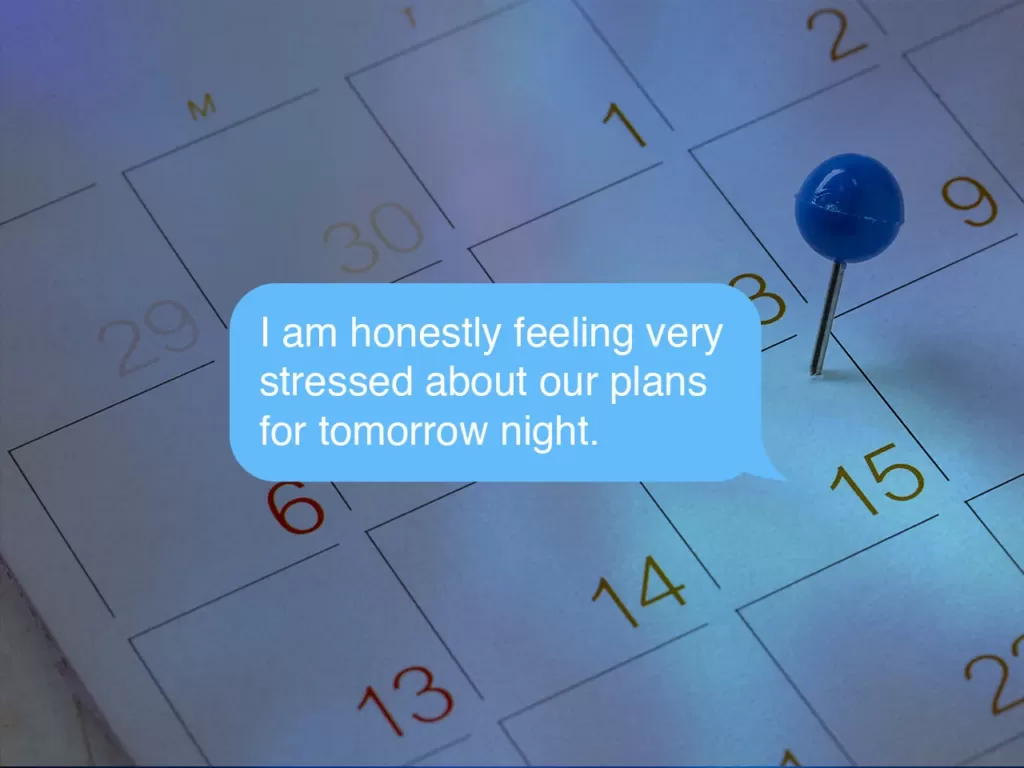
Image via SELF
Being socially isolated often comes with feeling emotional distress. Individuals experiencing it may feel a deep sense of loneliness, even in crowded spaces. This emotional distress can contribute to a negative feedback loop, making it increasingly challenging for individuals to break free from the isolation they are experiencing.
4. Contactless
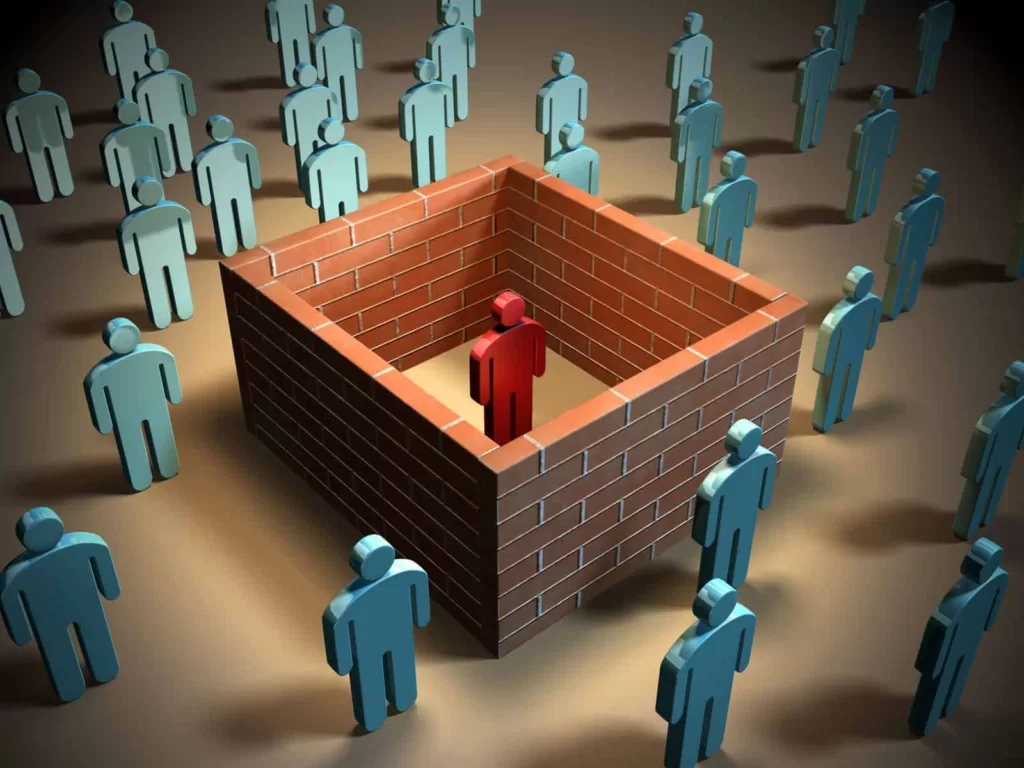
Image via Restoring Balance Counselling
Another key aspect of social isolation is limiting contact with others. This goes beyond avoiding social events and includes a reduced frequency of communication with friends, family, or colleagues. The limited contact may extend to virtual communication, with individuals withdrawing from social media platforms or responding minimally to messages.
5. Dreadfulness
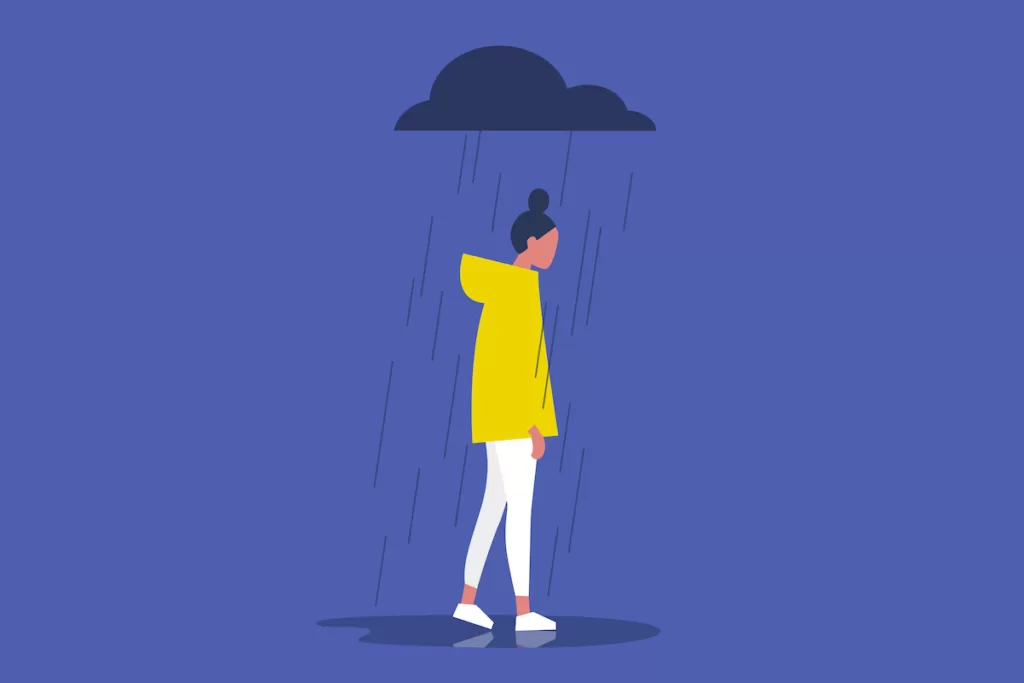
Image via Counselling Directory
Feelings of dread or anxiety related to plans and activities are common among individuals who are isolated from social events. The anticipation of social interactions may evoke stress and discomfort, leading to a reluctance to engage in such activities.
Social isolation is a multifaceted issue that involves emotional and psychological dimensions impacting an individual’s well-being. By breaking the silence on it, we can work towards creating a more connected and empathetic society.
You can also check out what is social intelligence to help you mingle around socially!




